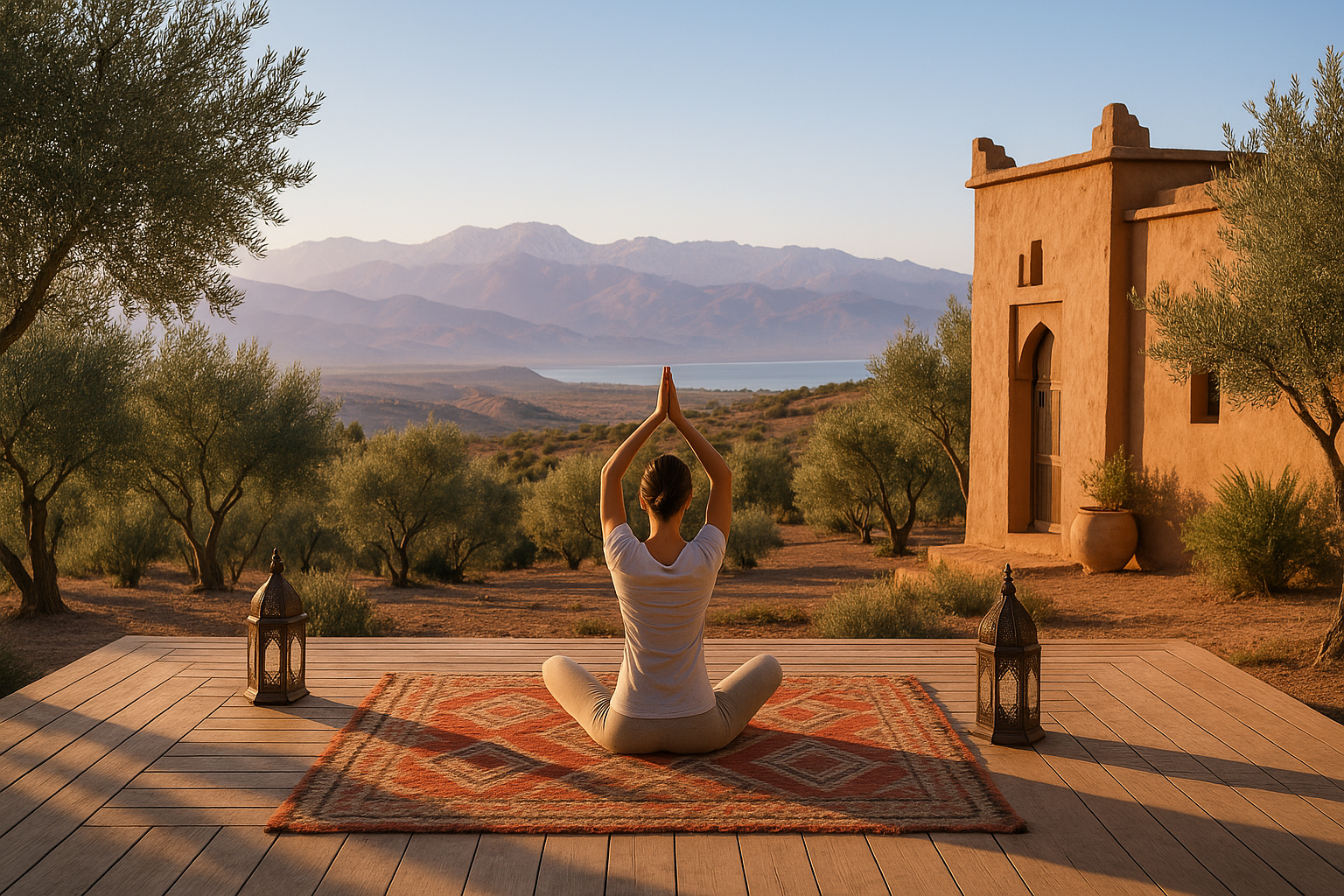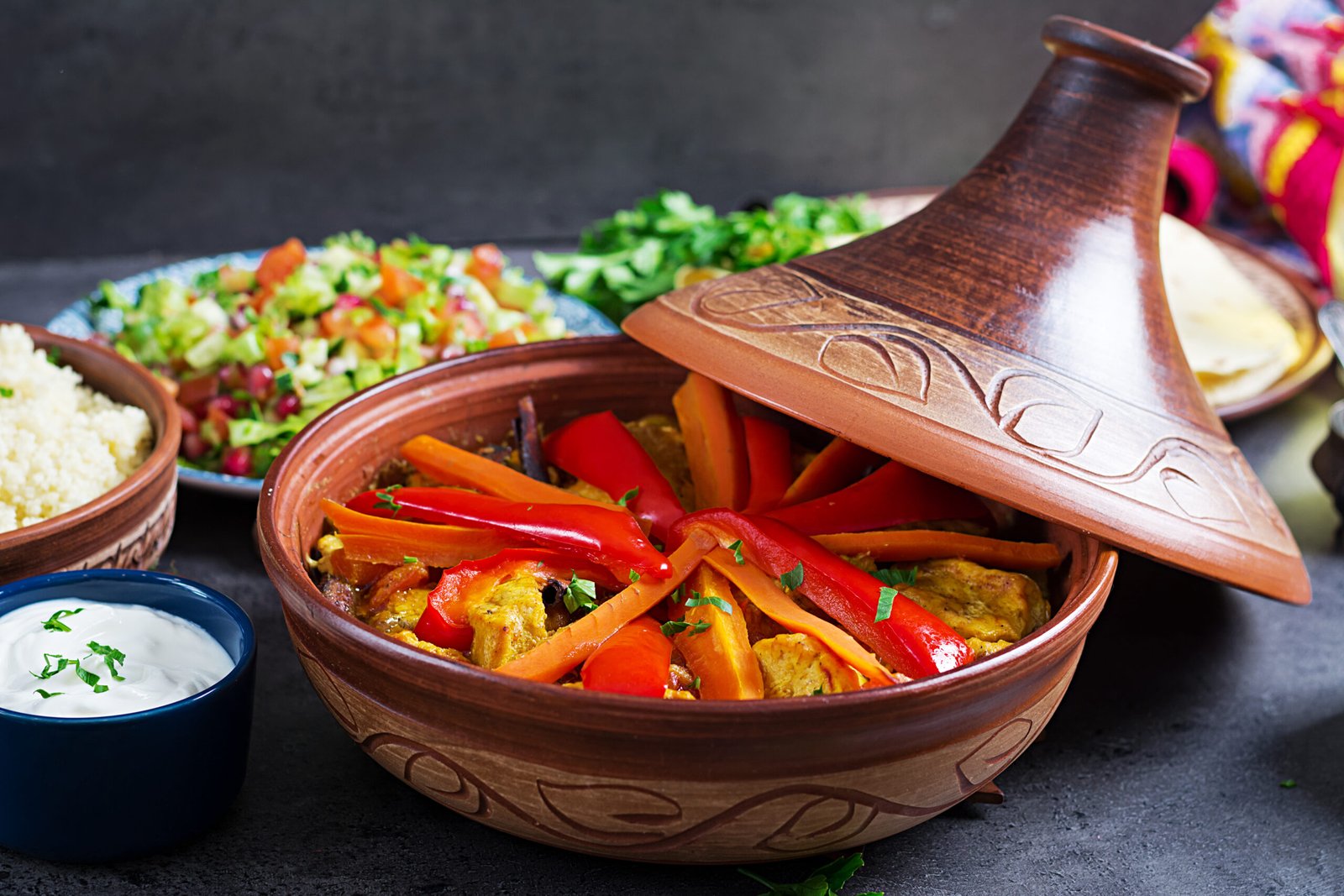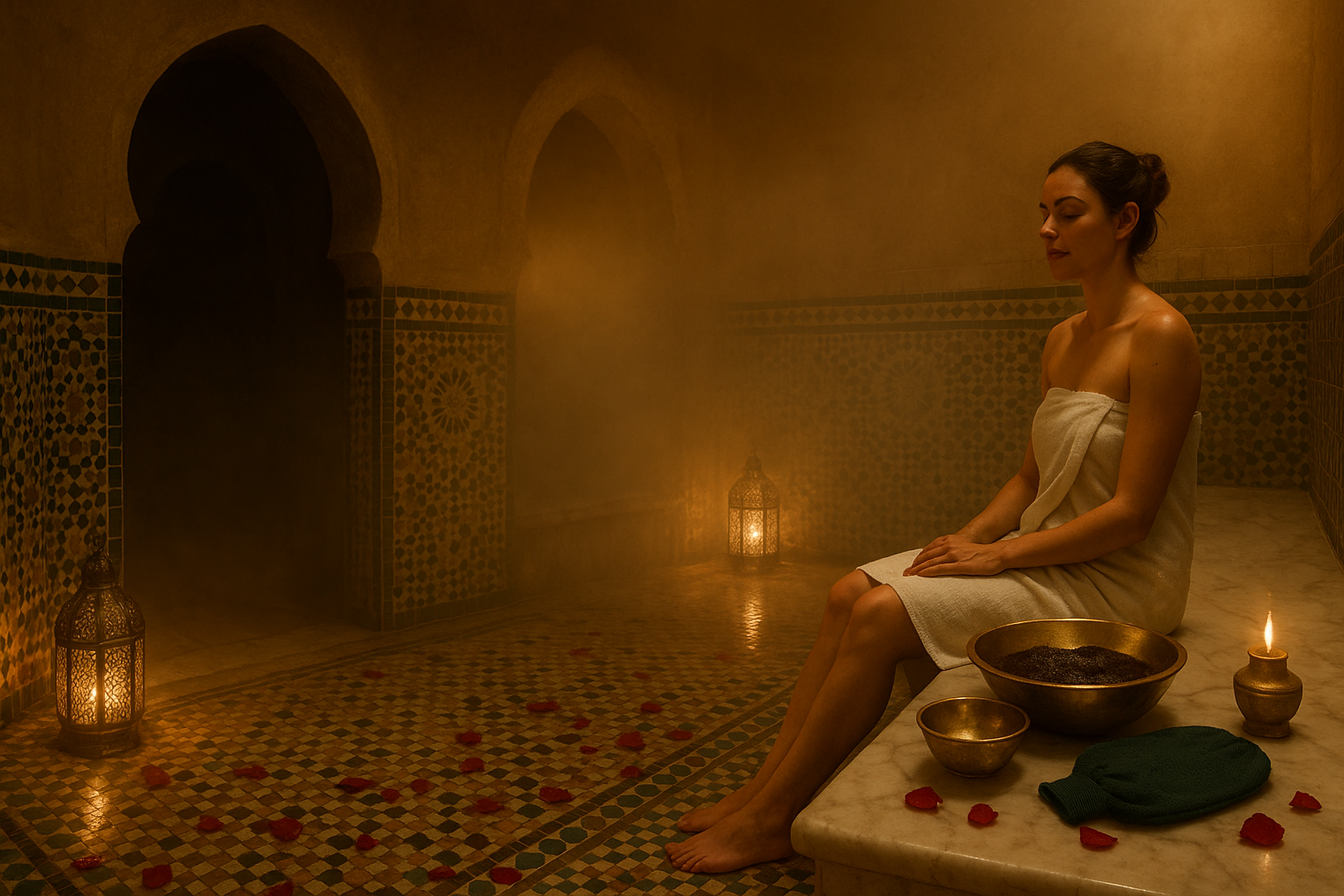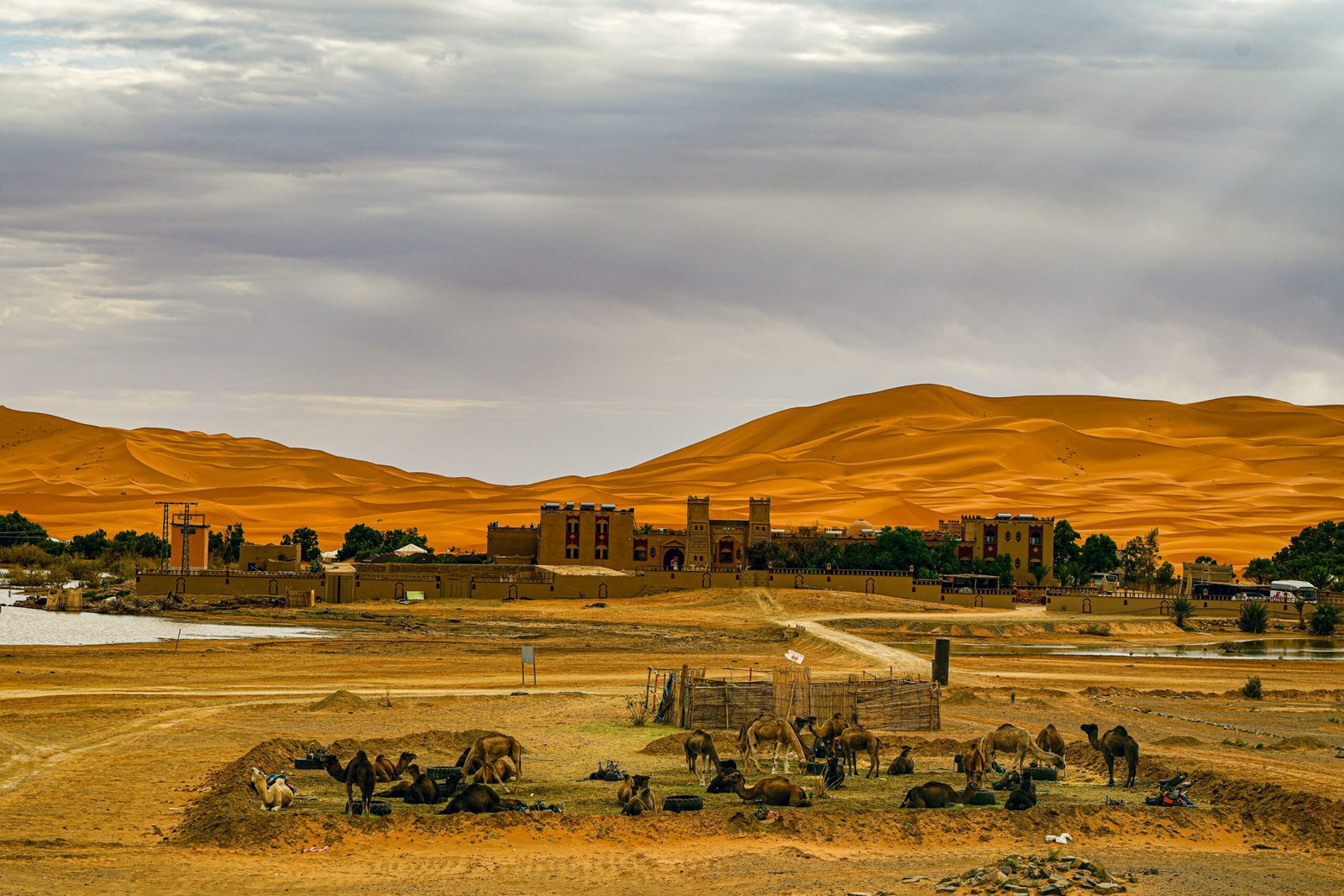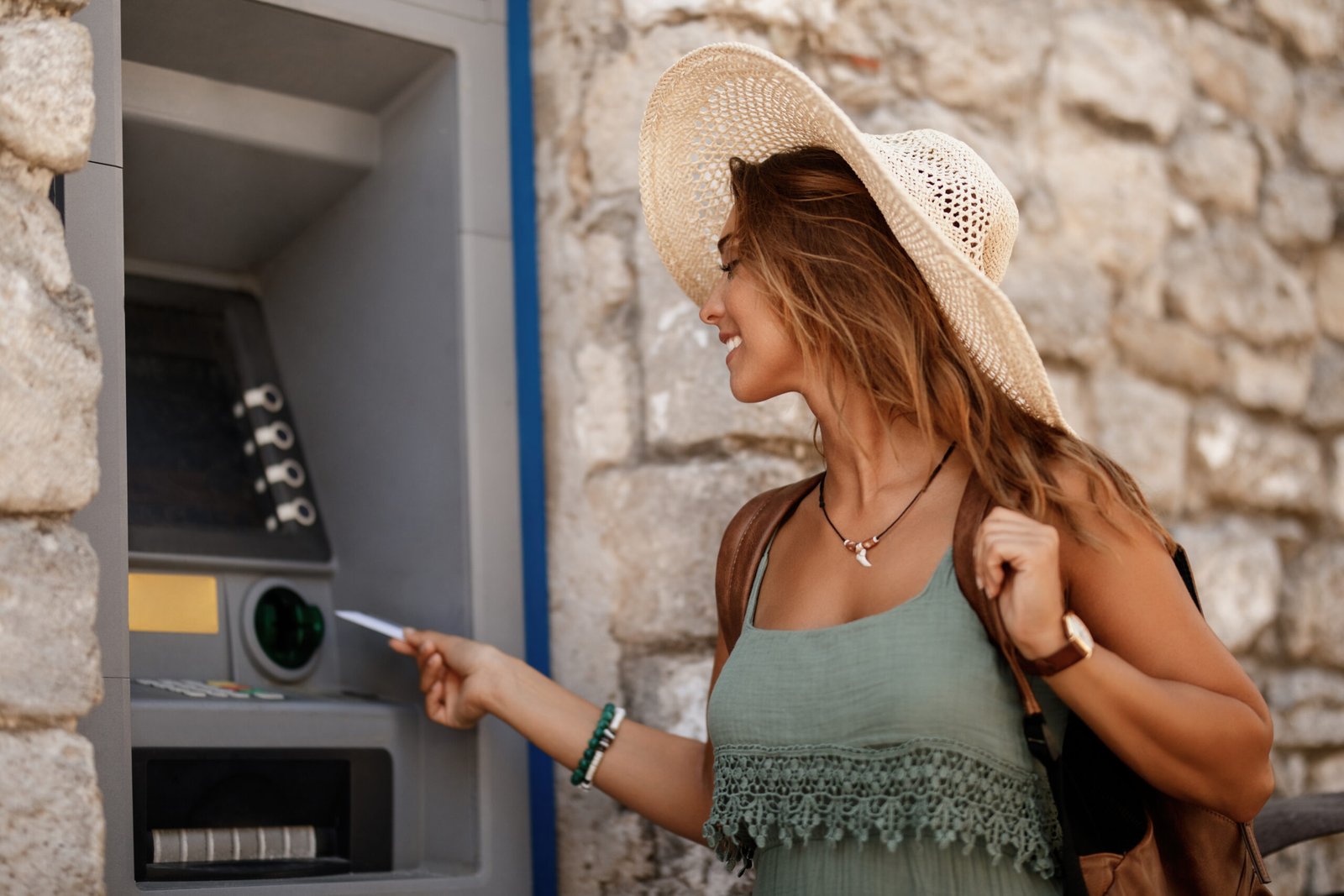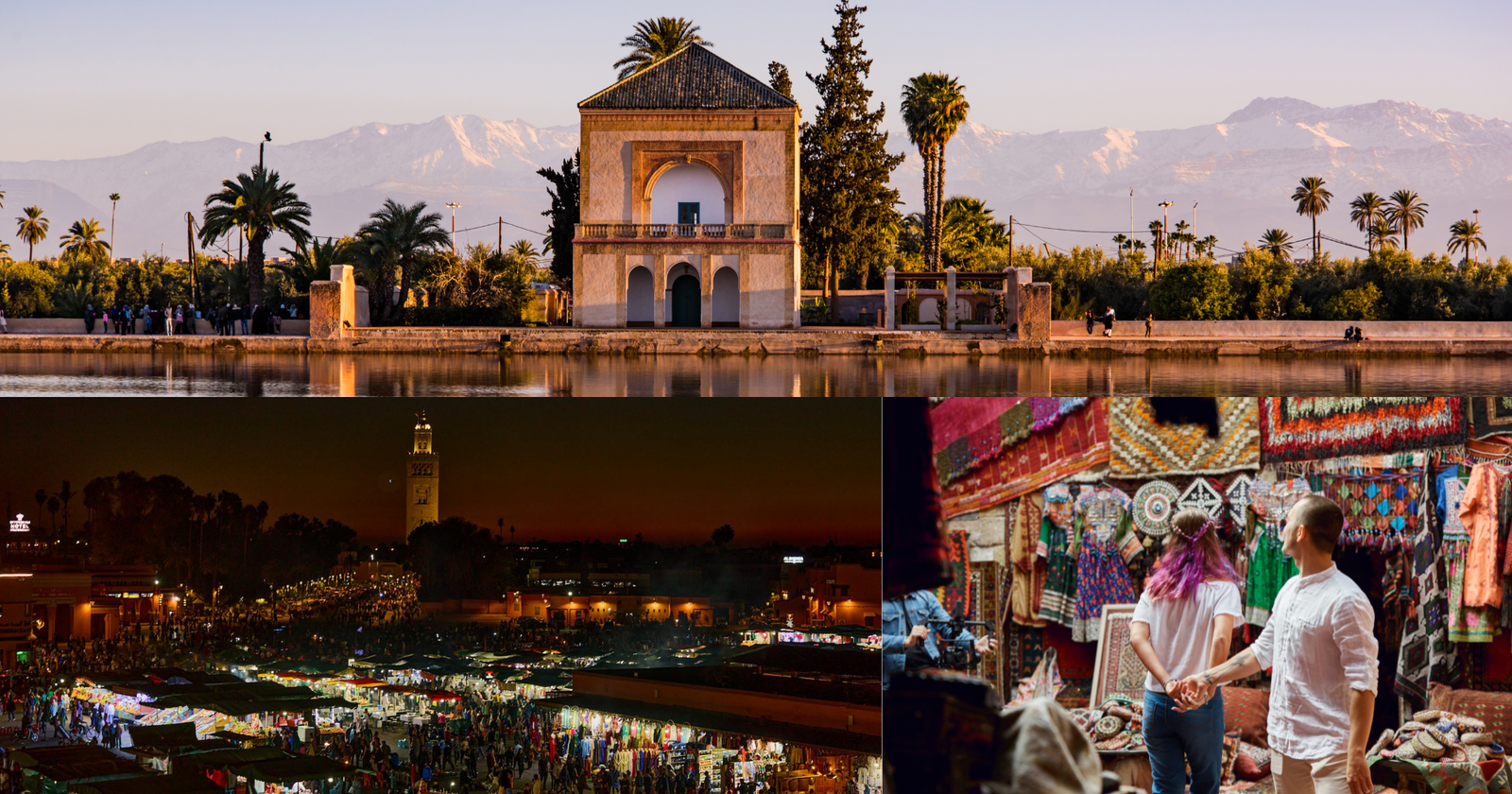Imagine exploring Morocco at your own pace. You can find hidden gems and see the country’s varied landscapes. From the Atlas Mountains to the Sahara Desert, it’s all yours to discover.
Renting a car is the first step to this adventure. With a rental, you can make your own travel plans. You can visit places others might miss. Whether you want to see the lively cities or enjoy the coastlines, your car lets you do it all.
Choosing to rent a car means more than just getting from point A to point B. It lets you immerse yourself in the local culture and enjoy the trip.
Key Takeaways
- Renting a car gives you the freedom to explore Morocco at your own pace.
- You can discover hidden gems and experience diverse landscapes.
- Having a rental car allows you to create your own itinerary.
- It’s a great way to immerse yourself in the local culture.
- Flexibility is a significant advantage of renting a car in Morocco.
What to Expect When Driving in Morocco
Driving in Morocco is an exciting adventure. But, you must be ready for the road’s unique challenges. The country’s varied landscapes, from the Atlas Mountains to the Sahara Desert, make it a great place to explore by car.
Road Conditions Across the Country
Morocco’s roads differ a lot. Major highways, like those from Marrakech to Casablanca and Rabat, are modern and well-kept. But, secondary roads in rural areas can be narrow, winding, and poorly lit. Be ready for these differences, mainly if you plan to go beyond the big cities.
On rural roads, slow down and watch out for pedestrians, animals, and other things in the road. While main highways are usually good, always follow local traffic rules and signs.
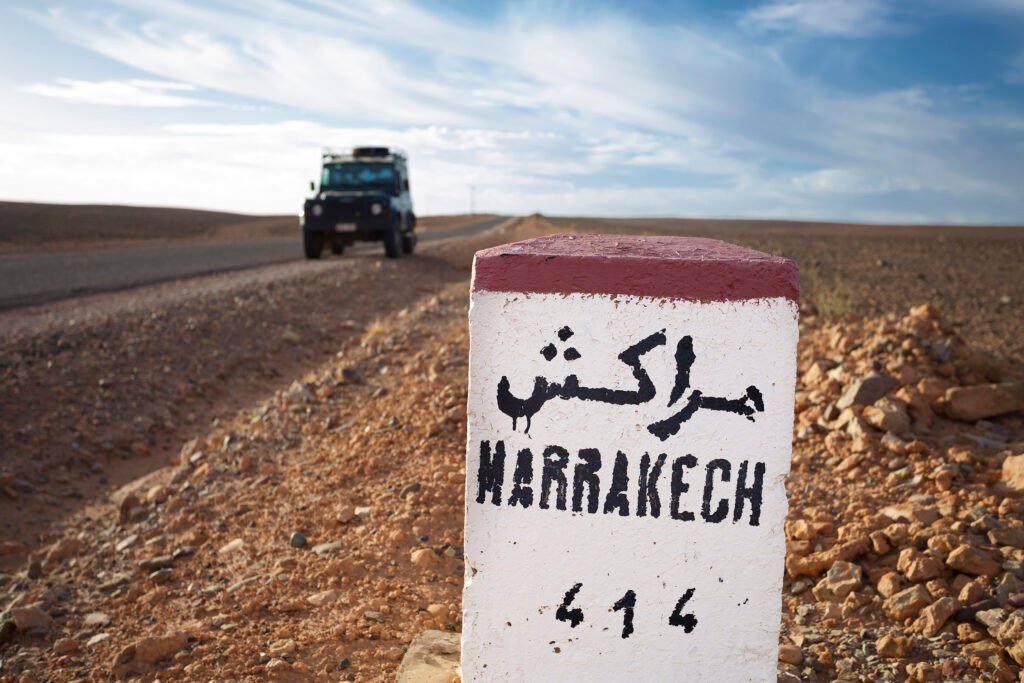
Traffic Culture and Driving Etiquette
Moroccans often don’t follow road rules closely, and they don’t always signal. As a visitor, knowing this local driving culture is key. Be careful when changing lanes or turning, as other drivers might not always follow the rules.
To stay safe, keep a safe distance from other cars. Also, be patient in busy streets. And, be ready for aggressive drivers, mainly in big cities like Marrakech and Casablanca.
Requirements for Renting a Car in Morocco
To explore Morocco at your own pace, knowing the car rental requirements is key. Renting a car is a great way to see Morocco’s sights. You can drive through Marrakech’s busy streets or the peaceful Sahara Desert.
Necessary Documents and Age Requirements
To rent a car in Morocco, you need a valid driver’s license. Some places might ask for an International Driving Permit (IDP) too. This is if your license is not in Latin script or from a country Morocco doesn’t recognize. You must be at least 21 to rent a car, but some places might ask for you to be older for certain cars.
International Driving Permit: Do You Need One?
An International Driving Permit translates your driver’s license into many languages. It’s handy when renting a car in Morocco. While not always needed, it makes things easier if your license isn’t in English or French. Always check with your rental company to see if they need it.
Credit Card and Deposit Requirements
You’ll need a credit card to pay the rental deposit. The deposit amount depends on the rental company and the car type. Make sure your credit card has enough money for the deposit. This money will be held until you return the car in good shape.
Knowing these requirements helps you prepare for your trip. “Renting a car in Morocco is easy if you’re ready with the right documents,” says a traveler.
Car Rental Costs and Insurance Options
To enjoy Morocco fully, knowing about car rental costs and insurance is essential. Renting a car lets you explore the country’s varied landscapes at your own speed.
Average Rental Prices and Factors Affecting Cost
Car rental prices in Morocco change based on several things. These include the car type, how long you rent it for, and the season. Economy cars are cheaper, while 4x4s, great for rough terrains, cost more. Booking for longer periods can get you discounts, so think about your trip plans.
Important factors that influence rental costs are:
- Vehicle Type: Economy cars vs. luxury or 4×4 vehicles.
- Rental Duration: Longer rentals can lead to lower daily rates.
- Seasonality: Prices may be higher during peak travel seasons.
Understanding Insurance Coverage Options
Basic insurance is usually included in the rental cost, covering third-party liability. But, you might want extra insurance for full coverage. This includes:
- Collision Damage Waiver (CDW): Reduces your financial liability in case of damage.
- Theft Protection: Covers the vehicle in case of theft.
- Personal Accident Insurance: Provides coverage for medical expenses.
Looking over these options can give you peace of mind on your trip.
Hidden Fees to Watch Out For
Be aware of hidden fees when renting a car. These can include extra driver charges, young driver fees, or fuel surcharges. Always read the rental agreement carefully to avoid surprise costs.
Choosing the Right Vehicle for Moroccan Roads
Planning your trip to Morocco means picking the right vehicle. The country’s varied landscapes, from city streets to desert terrains, need a vehicle that fits your travel plans.
City Driving vs. Rural Exploration
In cities like Marrakech or Casablanca, a small car works well. They’re easy to drive in crowded areas and save money. But, for rural areas or desert trips, a stronger vehicle is better.
4×4 Necessity for Desert and Mountain Routes
A 4×4 is best for desert and mountain roads. Morocco’s Atlas Mountains and Sahara Desert need a car that can handle rough roads. A 4×4 gives you the grip and control for these tough paths.
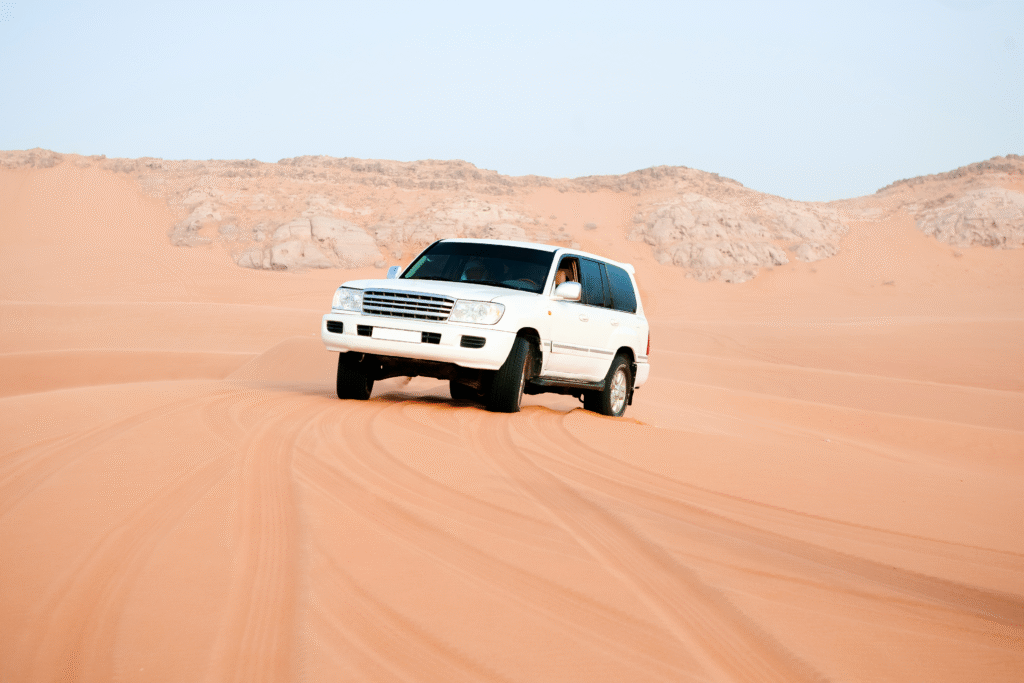
Fuel Options and Availability
Knowing about fuel options and where to find them is key. Gasoline and diesel are common in cities, but rural areas might have fewer choices. Plan your fuel stops and know your car’s fuel type to avoid trouble.
Choosing the right vehicle makes your Moroccan trip better. Whether you’re in Marrakech’s busy streets or the Sahara’s calm, the right car makes it enjoyable and stress-free.
Understanding Moroccan Road Rules and Signs
Driving in Morocco needs you to know the local road rules and signs. Morocco has its own set of driving laws. Knowing these can make your drive better. It’s important to learn the rules and signs you’ll see on the road.
Speed Limits and Traffic Signals
Speed limits in Morocco are clear: 60 km/h in cities, 100 km/h on country roads, and 120 km/h on highways. Following these limits is a must for safety. Traffic signals work like in other places, with a focus on following them to keep the roads safe.
Roundabouts and Right-of-Way Rules
Roundabouts are common in Morocco. Knowing how to use them is important. Always yield to traffic already in the roundabout. It’s also nice to signal your exit to help others know what you plan to do.
Police Checkpoints and What to Expect
Police checkpoints are common on Moroccan roads. Be ready to stop and show your driving license, rental agreement, and other needed documents. Stay calm and polite, as suggested by driving safety tips: “Be prepared and courteous, and you’ll pass through quickly.“
Toll Roads and Payment Methods
Some major roads have tolls, and you need to pay in local currency. It’s a good idea to have cash, as not all booths take cards. Knowing this helps you avoid surprises.
Learning these road rules and signs will help you drive better in Morocco. It makes your trip more fun and less stressful.
Driving in Morocco: City and Regional Guide
Driving in Morocco is a unique adventure. You’ll see everything from busy Marrakech streets to peaceful coastal drives. Each area has its own beauty and challenges.
Navigating Marrakech’s Busy Streets
Driving in Marrakech can be tough due to the crowded roads. It’s key to stay calm and ready for anything. Watch out for people, bikes, and even camels and horses.
Try to avoid the city center when it’s busy. Use different routes to dodge traffic. Parking is hard, but there are spots marked with signs. Always follow the rules.
Driving in Casablanca and Rabat
Casablanca and Rabat have better roads than Marrakech. But, they’re busy, too, during rush hour. In Casablanca, expect highways and complex junctions. Rabat has narrow streets and lots of people.
For a quick trip between these cities, take the A1 highway. It’s straightforward and fast.
Coastal Routes and Mountain Passes
The coastal drives in Morocco are stunning. Places like Essaouira to Taghazout are must-sees. But, be careful of the curves and fog in the mornings.
Driving in the mountains, like the Atlas, is different. You’ll face steep roads and snow in winter. Make sure your car can handle the mountains. A 4×4 might be a good idea.
Parking Challenges and Solutions
Finding parking in Morocco’s cities is hard. But, there are spots marked for parking. Look for signs and follow the rules to avoid fines. Some places use attendants or apps for parking.
| City | Parking Challenges | Solutions |
|---|---|---|
| Marrakech | Crowded streets, limited parking | Designated parking areas, parking attendants |
| Casablanca | Busy highways, complex interchanges | Modern parking facilities, parking apps |
| Rabat | Narrow streets in the old medina | Signposted parking areas, local guidance |
Knowing the driving and parking issues in Morocco helps plan your trip. You’ll enjoy the country’s varied landscapes and cities.
Navigation and Route Planning Tips
To navigate Morocco’s roads well, you need the right tools and knowledge. Morocco’s varied landscapes and tough road conditions need careful planning. This ensures a smooth and fun journey.
Best GPS and Map Apps for Morocco
Choosing the right GPS and map apps is key for a good drive in Morocco. Google Maps and Waze are top picks, giving real-time traffic updates and directions. For detailed maps in rural areas, try Maps.me or Garmin if you have a GPS device.
Planning Fuel Stops and Rest Areas
It’s important to plan fuel stops, as they can be far apart in rural areas. Use apps or websites to find fuel stops on your route. Also, know where rest areas are for long drives. Some fuel stations have cafes or stores for a quick break.
| Location | Fuel Availability | Rest Amenities |
|---|---|---|
| Major Highways | Frequent | Cafes, Restrooms |
| Rural Areas | Less Frequent | Limited |
| Urban Centers | Very Frequent | Cafes, Restrooms, Shops |
Dealing with Unmarked Roads and Detours
Morocco has many unmarked roads, mainly in rural areas. Use GPS and physical maps together to navigate. Be ready for detours and stay calm if lost. Locals are often helpful, so ask for directions.
Language Barriers and Communication Tips
While many Moroccans speak French or English, language barriers can exist, mainly outside cities. Learning basic Arabic or using a translation app helps. Also, carry a phrasebook or use a local SIM card with data for better communication.
With the right tools and knowledge, driving in Morocco can be stress-free. Whether in busy cities or rural areas, good navigation and planning are essential for a great trip.
Safety Considerations and Emergency Situations
Driving in Morocco can be smooth if you know the safety tips. Being ready for emergencies can make your trip safer.
Avoiding Common Scams and Hazards
Watch out for scams like fake cops or staged accidents in Morocco. Always check if someone is really a police officer. Be careful of unexpected roadworks or pedestrians.
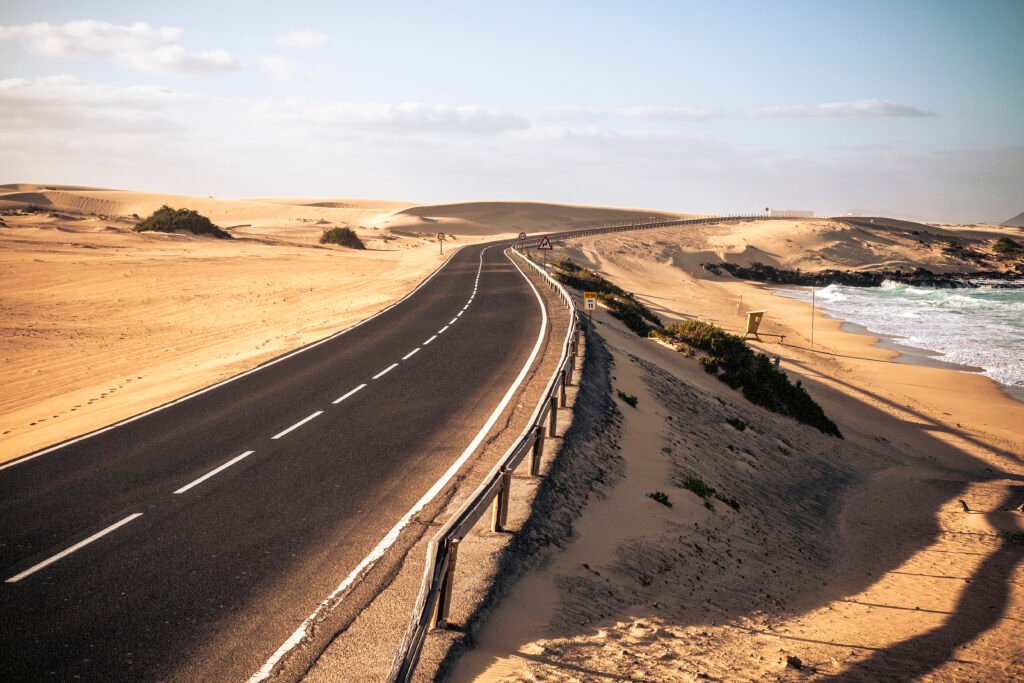
What to Do in Case of an Accident
If you have an accident, move to a safe spot first. Then, exchange details with others and call the police. Taking photos and notes can help too.
“Safety first” is important in accidents.
Emergency Contact Numbers and Resources
Keep emergency numbers like police and ambulance handy. Also, have your rental car’s emergency number. These can save lives in emergencies.
Driving at Night: Risks and Precautions
Driving at night in Morocco has its risks, like bad lighting and safety issues. Make sure your car lights are good. Try to avoid lonely places.
“The night is dark and full of terrors” – but with caution, you can navigate it safely
Conclusion: Is Driving in Morocco Right for You?
Driving in Morocco lets you explore at your own pace. With the right prep and knowledge of local conditions, it’s a rewarding trip. Renting a car in Morocco opens up hidden gems, from Marrakech’s busy streets to the Atlas Mountains’ calm.
Before deciding, think about what you’ve learned. You know about renting a car in Morocco, costs, and vehicle types. You also know about road rules, navigation, and safety.
Not sure? Consider the pros and cons. With a good car rental company, Morocco’s scenic routes and cities await. Being ready ensures a smooth, fun trip. So, is driving in Morocco right for you? With the right mindset and prep, it’s a great adventure.

